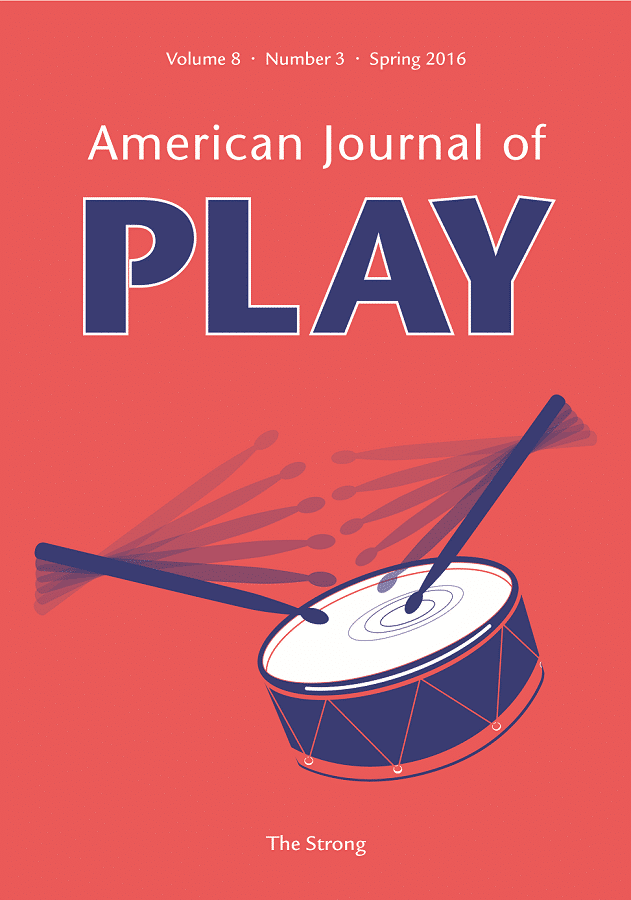Reason and Rationalization: A Theory of Modern Play
The author reviews historical attempts—mostly by European thinkers—to characterize modernity and its relationship to play. He discusses ideas from Friederich Schiller to Brian Sutton-Smith, all to set the ground for a theory of play in the modern world. Emphasizing the ideas of Max Weber—in particular his theory of rationalization and its importance for expressive culture—the author explores the value of rationality to a theory of play. He defines play more broadly than as a pastime and learning aid for children or a rough-and-tumble developmental tool in the evolution of mammals. Instead, he bases it more squarely on his concept of “emotional destinations.” In the process, he looks at kinds of play not often considered in play studies, such as professional sports and official festivals, and finds play not just a ubiquitous biological phenomena but also an essential social activity. Key words: emotional destinations; Max Weber; modernity; play and the modern world; rationalization





